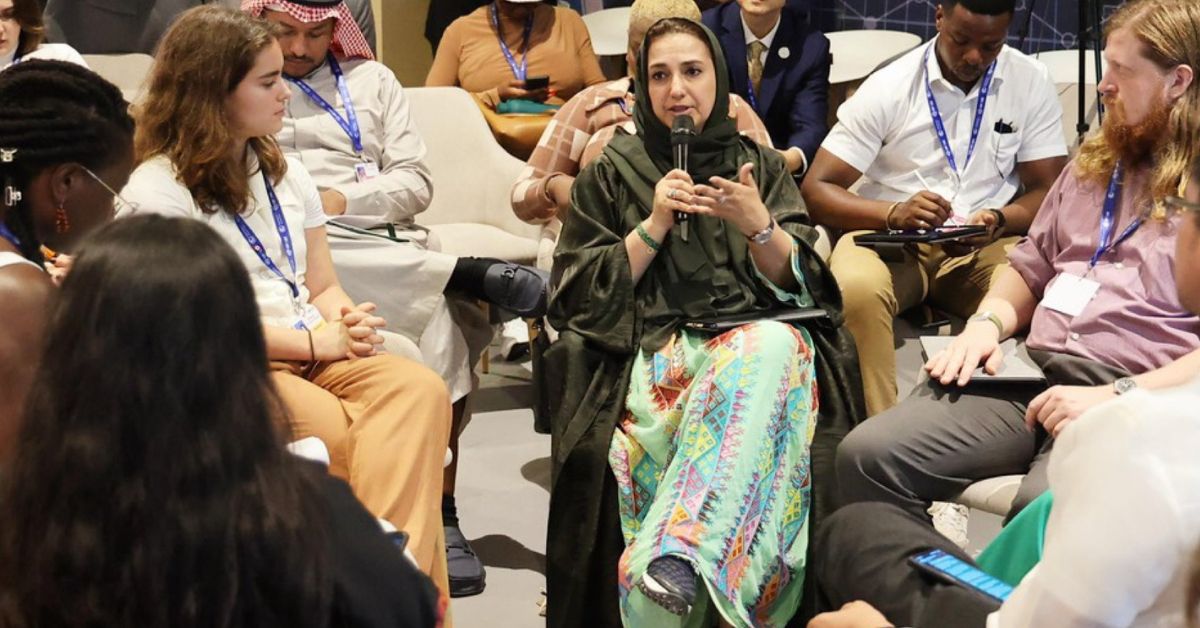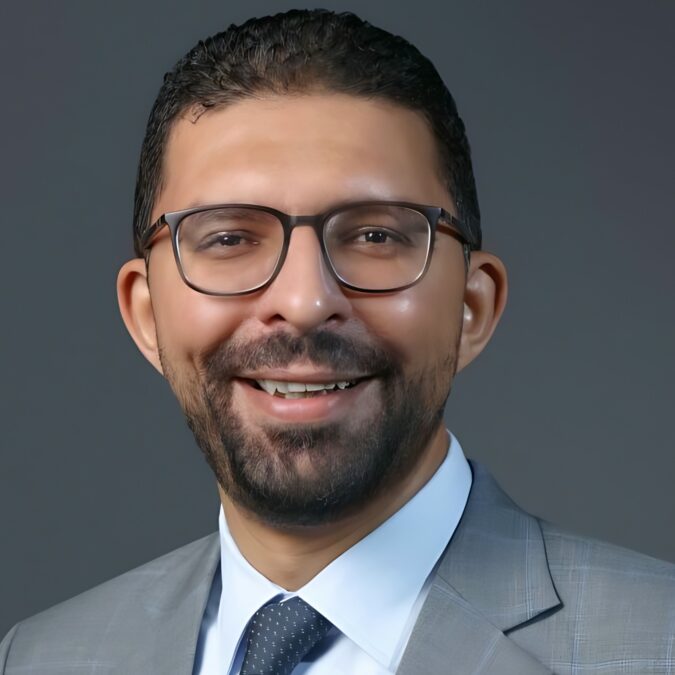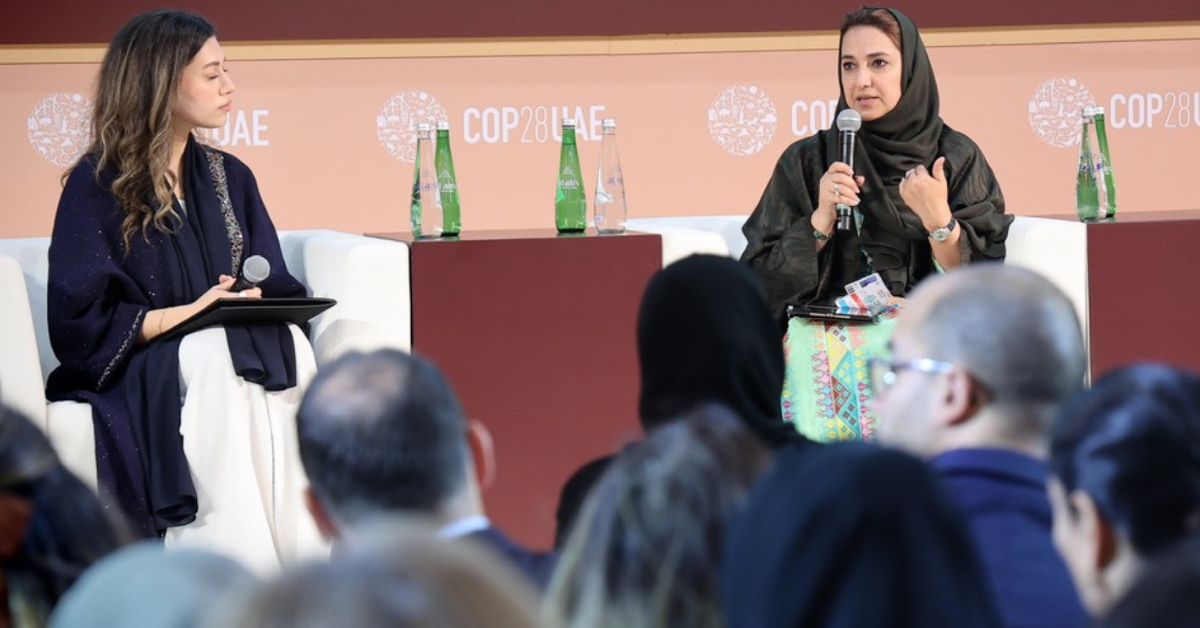DUBAI, UAE — The UAE is recognized as one of the world’s leaders in renewable energy, according to Dr. Nawal Al Hosany, the permanent representative of the UAE to the International Renewable Energy Agency (IRENA).
“I think the UAE is already a global leader,” Al Hosany stated in an interview with TRENDS at the COP28 UN climate conference in Dubai.
“We [UAE] take a very pragmatic approach to any strategy we decide to adopt. As the headquarters for IRENA and host of COP28, we have demonstrated our success in the early days of the conference. The UAE has not only been building renewable energy solutions globally but also serves as a training base for renewable energy in this region.”
These remarks followed the release of a report from the Global Councils on Energy Efficiency, where Al Hosany serves as Vice Chair. The report provides an overview of the current landscape and highlights best practices and case studies to showcase the tangible impact of energy efficiency.
The findings emphasize that although limiting global warming to 1.5 degrees by mid-century is a widely accepted goal, emissions have increased by an average of 1 percent per year over the last decade. This puts us at a critical juncture, a “make-or-break” moment.
COP28 in Dubai is occurring against this backdrop, with the Presidency focused on delivering an ambitious energy package. This package aims to triple renewable energy capacity and double the rate of energy efficiency improvements across various sectors by 2030. It includes initiatives to ramp up electrification and enhance cooling approaches, facilitating the gradual reduction of fossil fuel use.

Speaking at the Schneider Electric booth at COP28, Al Hosany emphasized the critical role of accessible information in achieving key emission targets.
“This report is the first step toward the 2050 Net Zero target,” she said. “What’s most important about today is that we’re-examining a report that summarizes the roadmap to energy efficiency targets. This project is part of the Global Councils Sustainable Development Goals from the G7, and it has brought energy efficiency to the forefront.”
Ahmed Fateen, Channel Commercial Vice President for Schneider Electric in the UAE, Oman, and Bahrain, commented on COP28’s role in bridging gaps in the climate change ecosystem. He noted the event’s unique ability to bring together stakeholders from all parts of the supply chain, including governments, owners, technology providers, and contractors. “Unlike other forums we attend, this is not about product; it’s about strategy and how we can achieve sustainability. How can we use technology to help in the transformation? The key thing is that we have the whole ecosystem here.”
Specializing in digital automation and energy management, Schneider Electric, and Fateen in particular, advocate the principle that control is impossible without measurement. He suggests that absorbing energy efficiency data from reports is vital for achieving Net Zero goals.
“We need something to show us what the consumption is and where it is being consumed. This report is crucial because it helps us develop benchmarking—whether it’s between industries, countries, companies, etc. This allows us to start implementing best practices and proper digital solutions. Digital is the key to understanding consumption.

While Net Zero targets may currently seem distant, Fateen insists they are attainable due to the available resources, although achieving them requires widespread cooperation. “Net Zero is realistic because we have the technology, but it necessitates everyone being aligned on the project,” he asserts.
“What’s impressive about COP28 is the amount of money being pledged. We, as a generation, have a responsibility to invest now to ensure climate change protection for future generations. We are seeing significant financial commitments, which demonstrates a responsible attitude essential for reaching Net Zero targets.”
Fateen further emphasized that the UAE and Oman are leading the way for GCC countries in making positive strides towards climate change and energy efficiency. He highlighted the advantage of the Middle East’s relatively nascent infrastructure, which allows sustainability to be integrated from the outset, thus aligning well with the region’s climate change ambitions.
“COP28 seems poised to be the most influential in terms of decision-making and taking action on the ground. The UAE is driving this transformation significantly, despite perceptions of it as an oil country. Oman’s pioneering efforts in sustainable tourism are also noteworthy, with numerous Net Zero and sustainable development projects underway. The transformation in Saudi Arabia is remarkable, and other countries are following suit. In the GCC, where infrastructure is still being built, we have the opportunity to do so with a future-focused mindset, which wasn’t the case 20-30 years ago. This foresight is a distinct advantage we have in this region,” Fateen said.

